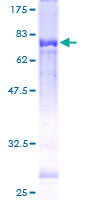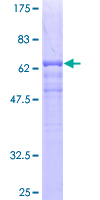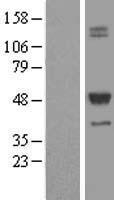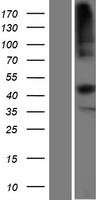order histories, retained contact details for faster checkout, review submissions, and special promotions.
Forgot password?
order histories, retained contact details for faster checkout, review submissions, and special promotions.
Locations
Orders Processing,
Shipping & Receiving,
Warehouse
2 Shaker Rd Suites
B001/B101
Shirley, MA 01464
Production Lab
Floor 6, Suite 620
20700 44th Avenue W
Lynnwood, WA 98036
Telephone Numbers
Tel: +1 (206) 374-1102
Fax: +1 (206) 577-4565
Contact Us
Additional Contact Details
order histories, retained contact details for faster checkout, review submissions, and special promotions.
Forgot password?
order histories, retained contact details for faster checkout, review submissions, and special promotions.
TCN2
transcobalamin II
TCN2 is a member of the vitamin B12-binding protein family. This family of proteins, alternatively referred to as R binders, is expressed in various tissues and secretions. This plasma protein binds cobalamin and mediates the transport of cobalamin into cells. This protein and other mammalian cobalamin-binding proteins, such as transcobalamin I and gastric intrisic factor, may have evolved by duplication of a common ancestral gene. Alternative splicing results in multiple transcript variants.
| Gene Name: | transcobalamin II |
| Synonyms: | TCN2, D22S676, D22S750, Macrocytic anemia, TC-2, TC II, TCII, Transcobalamin-2, Vitamin B12-binding protein 2, Transcobalamin II, TC, TC2 |
| Target Sequences: | NM_000355 NP_000346.2 P20062 |








If you do not find the reagent or information you require, please contact Customer.Support@LSBio.com to inquire about additional products in development.









